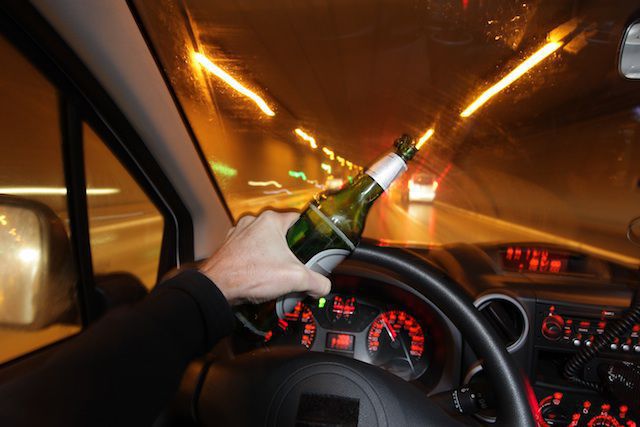 According to a recent study conducted by researchers from Columbia University’s Mailman School of Public Health, 50 percent of all teens involved in fatal car crashes were under the influence of alcohol, marijuana, or both. There are 4,500 teens killed every year in this country from drunk driving crashes.
According to a recent study conducted by researchers from Columbia University’s Mailman School of Public Health, 50 percent of all teens involved in fatal car crashes were under the influence of alcohol, marijuana, or both. There are 4,500 teens killed every year in this country from drunk driving crashes.
The study pulled data from nine different states which routinely perform toxicological tests on the blood or urine specimens of drivers who die in car crashes. This information was supplied by the Fatality Analysis Reporting System (FARS), which is a census of fatal traffic crashes that occur nationwide. West Virginia was one of the states included in the study.
Researchers analyzed data from 7,191 fatal accidents that happened between 1999 through 2011 that involved drivers who were between the ages of 16 to 25 years old who died within one hour of the crash. More than half tested positive for alcohol, marijuana, or both in their systems at the time of the accident. Almost 37 percent had alcohol in their system, six percent had marijuana in their system, and 8 percent of the dead drivers had both drugs in their system at the time of the crash.
RELATED CONTENT
- What Happens When the At-Fault Driver Does Not Own the Vehicle in a Car Crash?
- High Price of DUI Crashes
- When the Drunk Driver Who Hit You Doesn’t Own the Car
The study went a step further to see if alcohol usage increased once drivers hit the legal drinking age of 21 years of age. Sadly, that data revealed a fourteen percent increase in alcohol consumption in the dead drivers 21 or older. There was no difference in marijuana consumption.
Our firm has reported on too many accidents where loved ones are killed and families are left devastated because someone made the choice to drink and drive. Victims who are lucky enough to survive a crash caused by a drunk driver are often left with serious injuries, leaving them permanently disabled, and requiring long-term medical care at great expense.
If you have lost a loved one in an accident caused by a drunk driver, contact a dedicated Virginia wrongful death attorney to find out what legal recourse you may have against the driver.